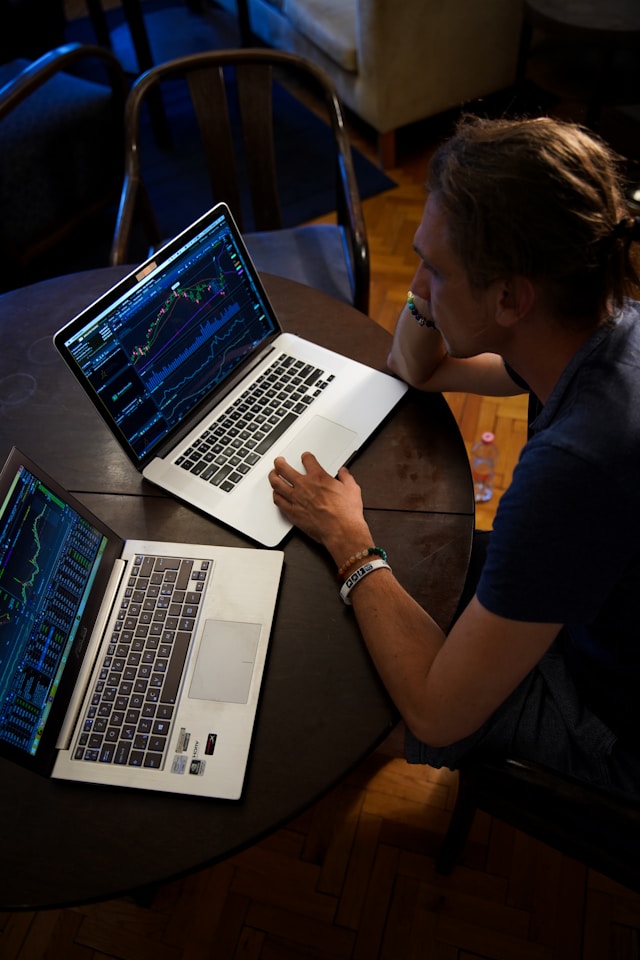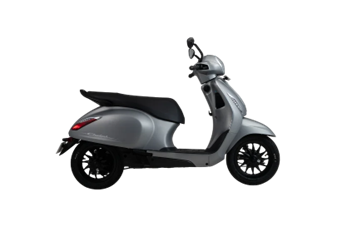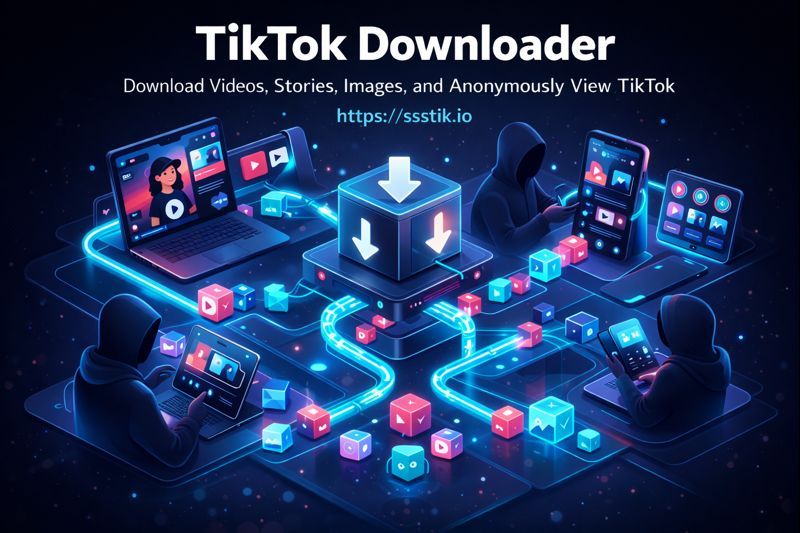A Demat Account is short for Dematerialised account. It helps you hold your shares and other investments in digital form, just like how a savings account holds your money.
So, if you’re planning to invest in shares, mutual funds, bonds, or IPOs, a Demat Account is the first step you need to take. But with so many banks and brokers offering different types of Demat Accounts, how do you choose the right one?
This guide will help you understand how to open a Demat Account, what to look for, and how to choose the one that suits you best.
What Is a Demat Account?
A Demat Account is used to store your shares and investments safely in electronic form. When you buy a share or a mutual fund unit, it gets added to your Demat Account. When you sell it, it’s removed from there.
You cannot trade in the Indian stock market without a Demat Account. The Securities and Exchange Board of India (SEBI) has made it compulsory.
Why Choosing the Right Demat Account Matters
Choosing the right Demat Account is important for three big reasons:
- You want to save on costs like maintenance and transaction fees.
- You want a smooth and fast platform to buy and sell shares.
- You want good support in case anything goes wrong.
1. Simple and Quick Account Opening
A good Demat Account should be easy to open. Many brokers now offer e-KYC (Electronic Know Your Customer), where you can open demat account using just your Aadhaar, PAN, and a bank account.
You can upload documents online, do a video verification, and start trading in just a day or two.
Tip: Choose a broker that lets you open the account 100% online, with no paperwork.
2. Low and Transparent Charges
Every Demat Account comes with some costs. The main charges to look for are:
- Account Opening Charges: Some brokers offer it for free.
- Annual Maintenance Charges (AMC): Yearly fees to keep your account active.
- Transaction Charges: Fees when you buy or sell shares.
- Extra Fees: For physical statements, rejected forms, or converting paper shares to digital.
Tip: Look for brokers who offer zero or low AMC, especially if you’re just starting. Some brokers even offer Basic Services Demat Accounts (BSDA) for small investors at low cost.
3. Easy-to-Use Platform (App or Website)
Your Demat Account should come with a simple and user-friendly platform. You’ll use this to:
- Check your investments
- Buy or sell shares
- Track the market
The app or website should work well even during busy market hours and give real-time updates.
Tip: Try a demo or read reviews about the app or web platform before opening an account.
4. Safe and Secure
When money is involved, security matters. Make sure the broker uses:
- Two-factor authentication
- Data encryption
- Regular updates and audits
Tip: Choose a broker registered with NSDL or CDSL (India’s two official depositories) and regulated by SEBI.
5. Good Customer Support
If you are new to investing, you’ll have questions. A good Demat Account provider should offer:
- Quick help through phone, email, or chat
- A relationship manager for guidance
- Support in case of any technical or money-related issue
Tip: Read online reviews to see how helpful their customer support team is.
6. Extra Features and Insights
Some brokers give you more than just a Demat Account. You may get:
- Real-time stock market data
- Portfolio tracking tools
- Research reports and tips
- Alerts for price changes
These features are helpful if you want to learn and grow as an investor.
Tip: Even if you don’t use all these features now, they’ll be useful as you gain experience.
7. Investment Options Beyond Shares
Look for a Demat Account that allows you to invest in:
- Mutual Funds
- Bonds
- Exchange-Traded Funds (ETFs)
- Initial Public Offerings (IPOs)
Tip: A one-stop platform for different investment options saves time and effort.
8. Intraday Trading and Fast Transactions
If you plan to try intraday trading (buying and selling the same stock on the same day), the Demat Account should:
- Allow fast buying and selling
- Have a quick square-off system
- Offer low or zero brokerage on intraday trades
Tip: Beginners should start with long-term investing, but having these options gives flexibility for the future.
Conclusion
Your Demat Account is the gateway to stock market investing. Choosing the right one can save you money, time, and stress.
Think about what matters most to you, low fees, easy-to-use apps, security, or customer support, and compare your options before opening one.
And if you’re looking for a smooth, secure, and customizable trading experience with all essential services in one place, you can consider opening your account with Findoc. Their platform is designed for both beginners and experienced traders, ensuring fast, reliable, and hassle-free investing.
Photo by Adam Nowakowski on Unsplash ( Free for commercial use)
Image published on January 17, 2020




